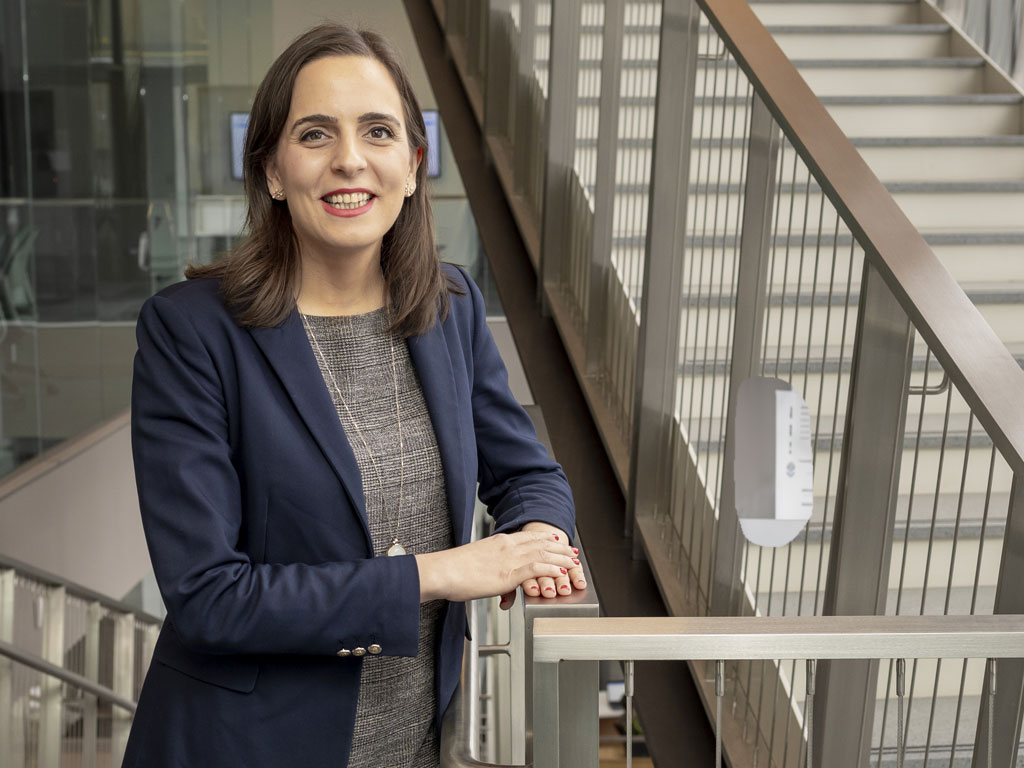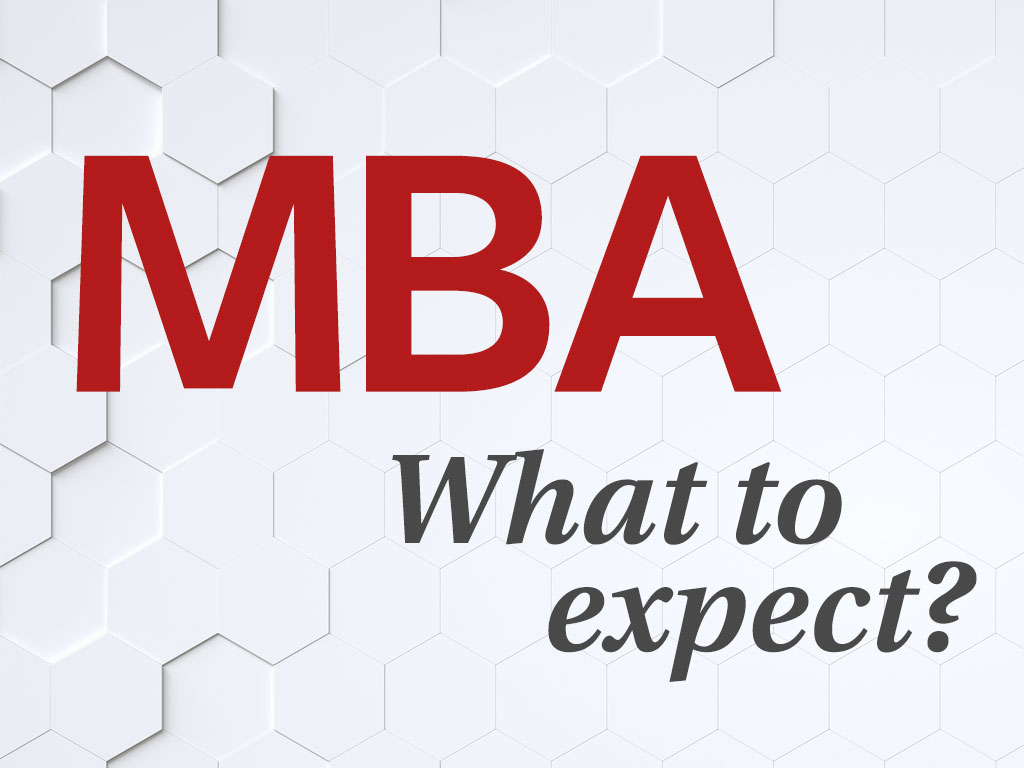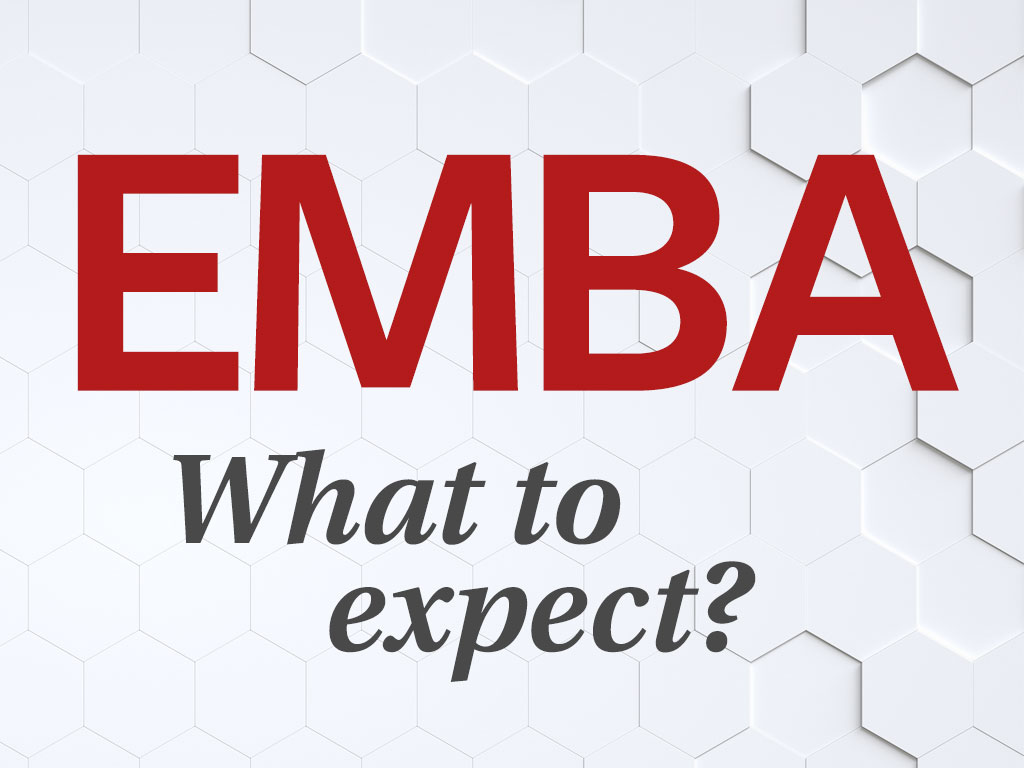What Is an Executive MBA?
An executive MBA program awards an MBA degree, but the program is designed with a schedule that accommodates experienced working professionals. Executive MBA students are seeking to enhance their leadership and advanced strategic abilities. To take the next steps in their careers, EMBA students are invested in building skills that allow them to excel in the leadership of teams and organizations. This differs from a traditional MBA program, which typically covers business basics for ambitious recent graduates.









